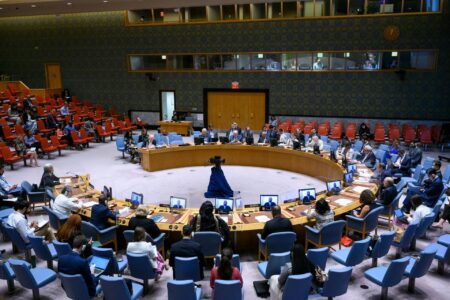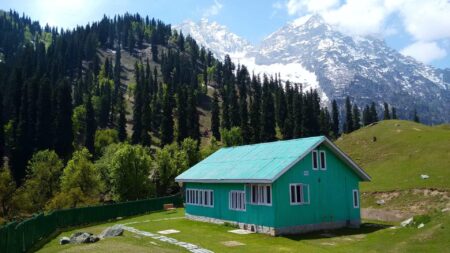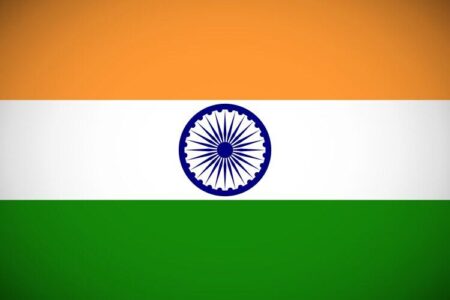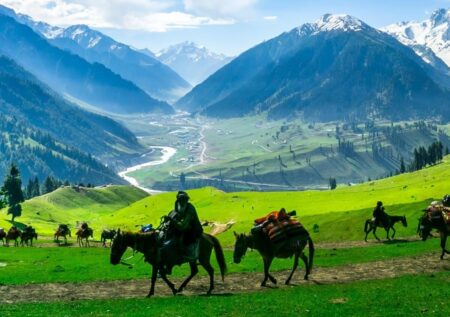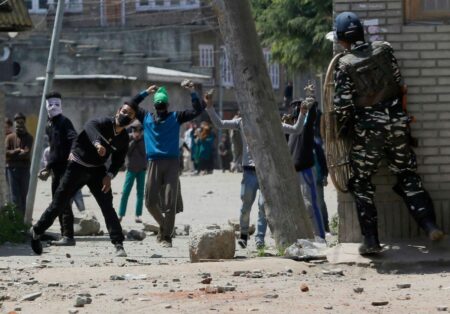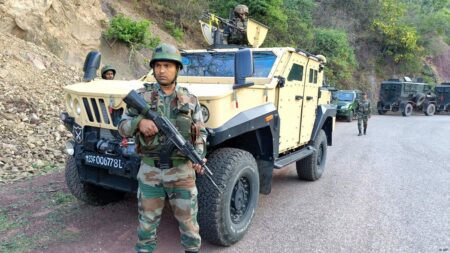The United Nations has urgently urged India and Pakistan to show “maximum restraint” in the wake of a tragic attack in Kashmir that has heightened regional tensions. This heartfelt plea seeks to avert further escalation and foster meaningful dialogue between the two nations.
Browsing: Kashmir
In a dramatic turn of events surrounding the Pahalgam attack, Pakistan has branded the incident a “false flag operation,” implying it was strategically designed to shift focus away from the rising regional tensions. This assertion highlights the intensifying rhetoric enveloping Kashmir, adding another layer of complexity to an already volatile situation
In a powerful declaration, Prime Minister Narendra Modi vowed that India will chase down the perpetrators behind the recent violence in Kashmir “to the ends of the earth.” His words highlight India’s unwavering dedication to counterterrorism and safeguarding national security as tensions in the region continue to rise.
In a tragic turn of events, Kashmir has experienced its most harrowing civilian attack in years, coinciding with the much-anticipated visit of U.S. Secretary of State Antony Blinken. This shocking ambush has ignited serious concerns about the security and stability of the region, further complicating an already tense situation.
The situation in Kashmir, a region fiercely contested by both India and Pakistan, has reached a boiling point as military confrontations intensify and political turmoil deepens. This escalating conflict not only threatens regional stability but also casts a shadow over the lives of countless locals who find themselves trapped in the crossfire, raising urgent humanitarian concerns.
In a troubling wave of militant attacks sweeping through India’s Kashmir region, security forces are grappling with unprecedented challenges as violence surges. With reports of numerous casualties emerging, the situation has sparked fresh worries about the stability in this historically tumultuous area

